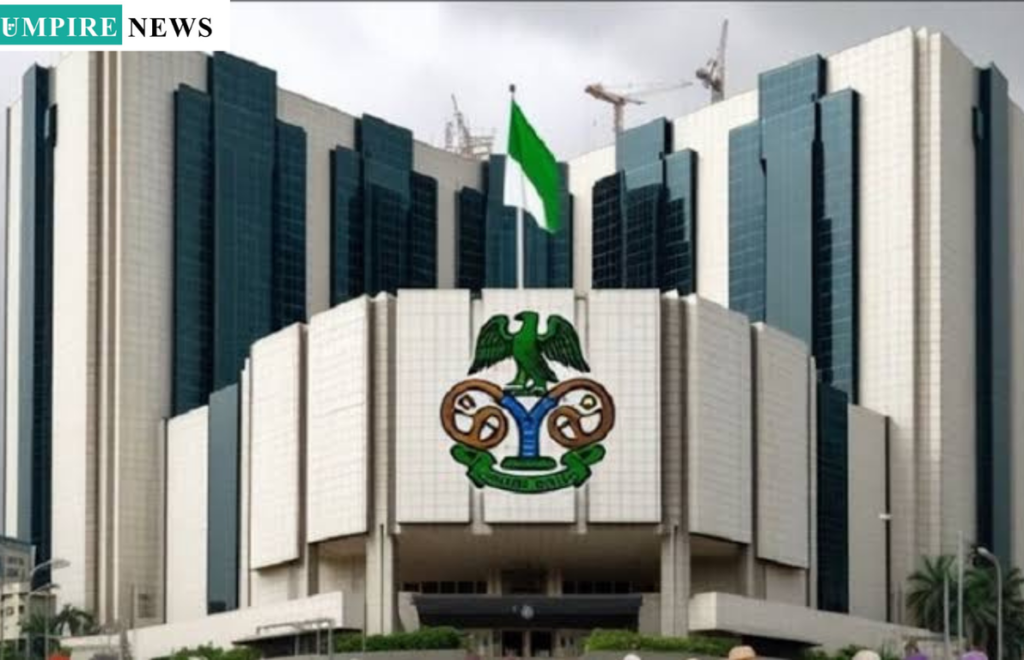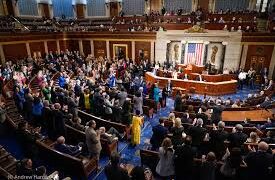On Thursday, the Central Bank of Nigeria (CBN) introduced a new system aimed at overhauling the foreign exchange (forex) market.
Known as the Electronic Foreign Exchange Matching System (EFEMS), this initiative is part of the CBN’s broader effort to tackle the distortions that have plagued the forex market, curb speculative activities, and instill greater transparency in the management of foreign exchange.
The details of this new policy were communicated in a circular signed by Omolara Duke, who serves as the Director of the Financial Markets Department at the CBN.
According to the circular, the EFEMS will revolutionize the way foreign exchange transactions are conducted within Nigeria’s interbank market.

Under the new system, authorized dealers—those entities allowed to engage in forex transactions—will be required to carry out all transactions using the EFEMS platform.
This platform has been specifically approved by the Central Bank to ensure that each transaction is instantly visible and accurately reflected in real-time.
A key aspect of this policy is its timeline for implementation. The CBN has stated that the new system will be fully operational no later than December 1, 2024.
However, in preparation for this shift, a two-week test period will take place in November 2024 to iron out any potential issues and ensure a smooth transition to the new framework.
In the statement, the CBN underscored the significance of the EFEMS. It emphasized that the system will not only improve market governance but will also foster transparency by making exchange rate mechanisms more accessible and understandable to the public.
Furthermore, the introduction of this system is seen as a crucial step in minimizing speculative trading, a practice that has historically contributed to the volatility of Nigeria’s forex market.

The bank’s statement read, “The new system is expected to enhance governance, transparency and facilitate a market-driven exchange rate that will be accessible to the public. This development is expected to reduce speculative activities, eliminate market distortions, and give the CBN improved oversight capabilities to effectively regulate the market.”
A notable feature of the EFEMS is its capability to provide real-time pricing. The CBN has announced that it will publicly display live prices and buy/sell orders, thereby increasing market visibility.
This means that market participants and stakeholders will have a clearer view of forex rates and transactions as they occur, leading to a more informed and balanced market environment.
In terms of regulatory oversight, the CBN is not working in isolation. It has partnered with the Financial Markets Dealers Association to outline the rules governing the use of the EFEMS.
Together, these two entities will ensure that the system operates smoothly and that market participants adhere to established guidelines.
In addition to the new system, the CBN has pointed to existing frameworks that will provide further guidance for those involved in the forex market.
Specifically, the Nigerian FX Code and the Revised Market Operating Guidelines will be key resources for understanding the regulatory expectations under the new system.
These documents are expected to guide authorized dealers and market participants, helping them align with the goals of the CBN’s forex market reforms.
In the final part of the circular, the CBN issued a directive to authorized dealers, stressing the importance of compliance with all current regulations governing the Nigerian foreign exchange market.
The central bank called on dealers to ensure that they have the necessary systems, documentation, and training in place well ahead of the December 1, 2024 rollout of the EFEMS.
The statement concluded with a clear mandate: “Authorised dealers are therefore required to comply with extant guidelines and regulations governing the Nigeria foreign exchange market and ensure that all necessary documentation, training, and systems integrations are concluded ahead of the go-live date.”
This new initiative by the CBN is seen as part of a broader strategy to strengthen Nigeria’s forex market and stabilize its economy by promoting more transparent and efficient trading practices.
Through these reforms, the CBN aims to foster a more open and regulated market, one that aligns with global best practices while addressing local challenges.


































